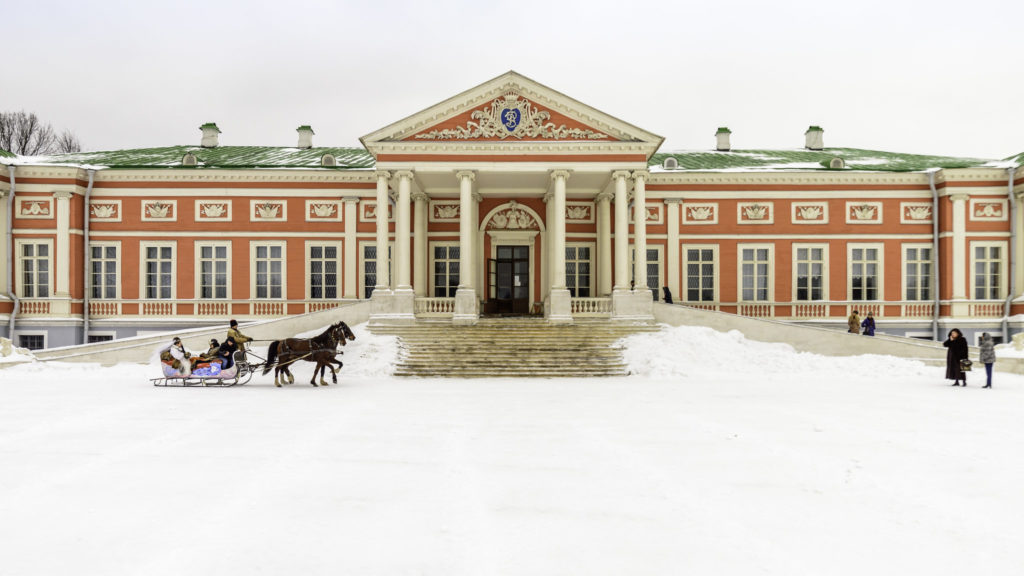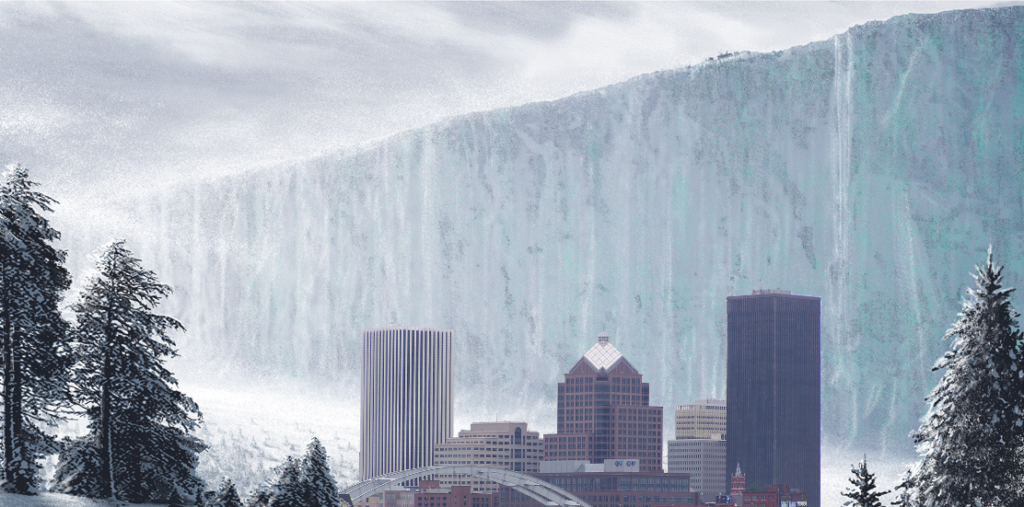Winter Is Coming – Idiomatic Expressions Posted by Nadya on Nov 30, 2020 in Idioms, language, when in Russia
What comes to your mind when you hear the word “Russia?” Foreigners often imagine a blizzard on Red Square, people in earflaps, and snow banks at least to the knee.
Although there is already some snow in many cities in Russia, winter officially begins there on December 1st. “Пе́рвый снег — не зима́, пе́рвая зазно́ба1love attraction — не неве́ста,” (“The first snow does not mean winter; nor does it mean the first love marriage.”) says a popular proverb, implying that everything is still ahead.
Winter became one of the symbols of the country. However, not all Russians like winter. I do not know about you, but I am not ready for the cold weather yet, so traditionally, I am planning my January vacation somewhere warm, and I promise to abide by all the COVID-19 rules regarding travel.
To brighten up the time before the holidays, I have collected some funny expressions about winter.
Idiomatic Expressions
Ну́жен как прошлого́дний снег.
It literally translates as “As needed as last year’s snow.” (This idiom has always amused me. Last year’s snow has already melted; it is gone.) So to speak about something you do not need at all, you can say “Ну́жен как прошлого́дний снег:”
Мне телеви́зор ну́жен как прошло́годний снег. Я его вообще́ не смотрю́. – I need a TV as last year’s snow. I don’t watch it at all.
Зимо́й сне́га не вы́просить.
It is used to describe an extremely stingy individual you’ll never wheedle snow (which is never in short supply during the Russian winter) out of in winter:
Ра́зве ты не зна́ешь, что мой сесе́д о́чень жа́дный? У него́ зимо́й сне́га не вы́просишь. – Don’t you know that my neighbor is very greedy? You’ll never beg snow out of him in winter.
(Нараста́ть/расти́) как сне́жный ком.
It means that some problematic situation is getting bigger and bigger “like a snowball.”
Долги́ расту́т как сне́жный ком. – Debts are snowballing.
Как коро́ва на льду́.
It is an ironic comparison of a clumsy person with a cow on ice:
В э́тих ту́флях она́ как коро́ва на льду́. – In these shoes, she’s like a cow on ice.
(Свали́ться) как снег на́ голову.
The English version of it is “out of the blue.” Its word-for-word translation is “as snow on the head.” This phrase is used when something happens completely unexpectedly:
Вот так сюрпри́з, ты пря́мо свали́лся как снег на́ голову! – What a surprise: you showed up like snow on the head!
Растопи́ть лёд.
This is the same as the English “to break the ice,” meaning that someone decides to take the first step:
Ду́маю, пришло́ вре́мя растопи́ть лёд ме́жду на́ми. – I think it’s time to break the ice between us.
Показа́ть, где ра́ки зиму́ют.
“To show where the crayfish spend winter.” A common colloquial speech expression of a threat “to teach someone a lesson:”
Уйди́ с доро́ги, ина́че я покажу́ тебе́, где ра́ки зиму́ют! – Get out of my way or I’ll show you where the crayfish spend winter!
Моро́з по ко́же.
Saying “моро́з по ко́же” we mean “a chill on the skin” when it gets goose pimples through fright:
У меня́ моро́з по ко́же от твоего́ расска́за. – I have a chill on my skin from your story.
The theme of winter in Russia is immense. For example, you can read HERE what makes Russian winter so special for people.
See you in winter!
- 1love attraction

Build vocabulary, practice pronunciation, and more with Transparent Language Online. Available anytime, anywhere, on any device.






